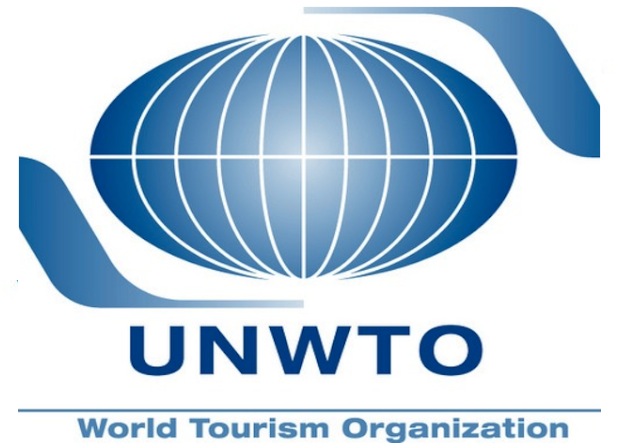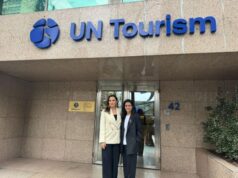Kasane, capital of Chobe District in Botswana, hosted tourism stakeholders to exchange experiences and knowledge of innovative approaches to enhance tourism and conservation planning, financing and marketing. Under the theme “Empowering Tourism Destinations’ Sustainability through Innovation”, the 10YFP STP International Symposium and Annual Conference also discussed the role of the tourism sector in fighting climate change.
Inaugurated by Tshekedi Khama, the Minister of Environment, Natural Resources Conservation and Tourism of Botswana, the event began with a debate on how to market sustainability to trigger change among consumers. A second panel highlighted the relevance of integrating circular economy approaches into the tourism value chain to minimize waste, emissions and energy leakage at all stages of production. It also discussed the links between the tourism sector and the Paris Agreement, and the key role of destination managers therein.
The value of wildlife as a key asset of destinations was underlined in the third panel, dedicated to sharing experiences on wildlife tourism and its capacity to foster conservation given suitable financing frameworks. The last discussion focused on the application of new technologies – particularly geographic information systems and big data – to tourism planning, with the objective of promoting evidence-based decision making and increased synergies between tourism and conservation policy makers and practitioners.
‘The Tourism We Want’, a call to action to guide the network in the years to come
The second day of the event served to prepare the Kasane Call to Action for Sustainable Consumption and Production in Tourism under the title ‘The Tourism We Want’. The role of the 10YFP STP in the implementation of the Sustainable Development Goals (SDGs), particularly SDG 12, was debated through consultations among all participants aimed at identifying the priorities for the 10YFP Network in the coming five years. “The Tourism We Want” is the Network’s contribution to the legacy of the International Year of Sustainable Tourism for Development, which is being celebrated throughout 2017.
Partnerships and networking essential tenets for the implementation of the 2030 Agenda
Biodiversity and wildlife were present in most of the discussions, as well as the need to work in partnership with stakeholders of a diverse nature to advance shared goals and to multiply results. With 19 countries represented, the event was a good example of this approach: 40% of the over 100 attendees came from the private sector, 30% from NGOs, and 10% each from media, government and international organizations, including five different UN agencies and programmes.
The event was hosted by the Botswana Tourism Organization and co-organized by UNWTO and the governments of France, Morocco and the Republic of Korea, with support from the 10YFP Secretariat and UN Environment.












